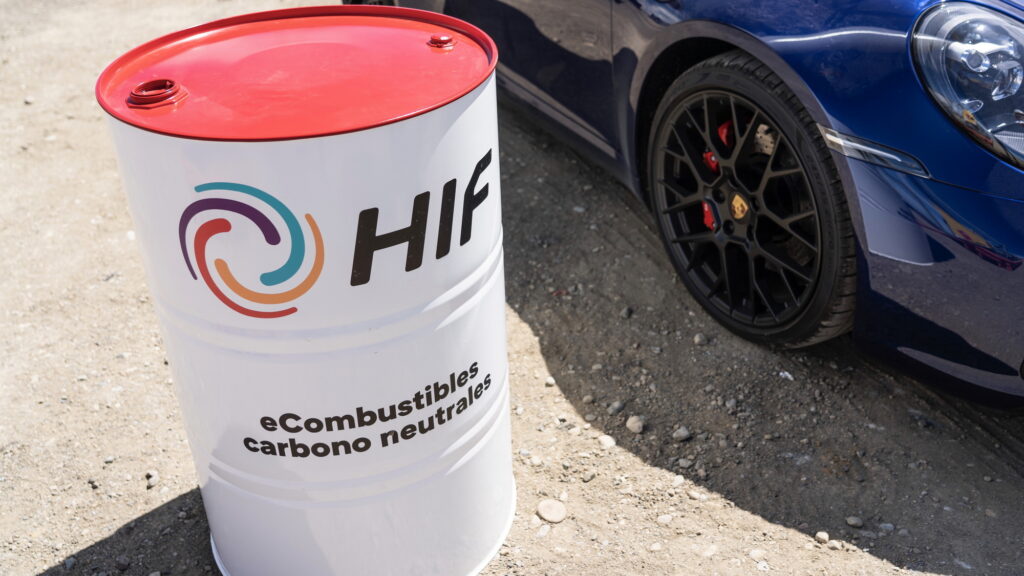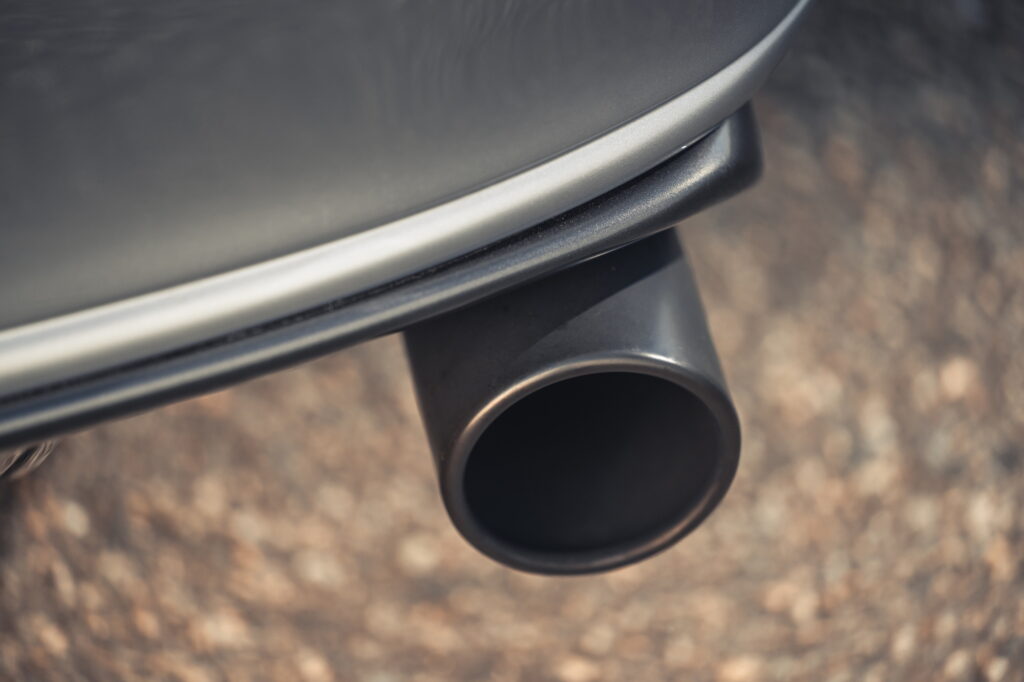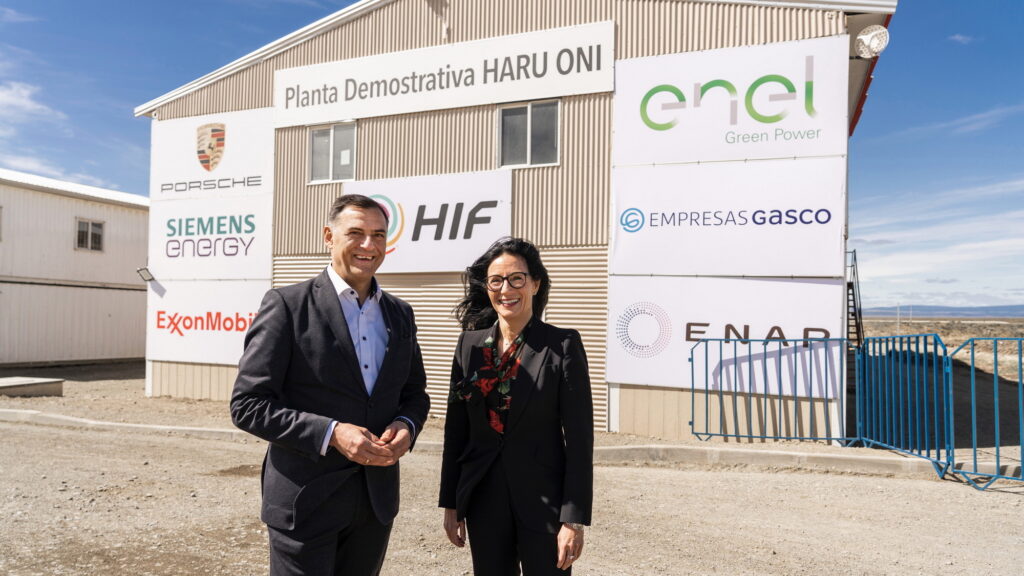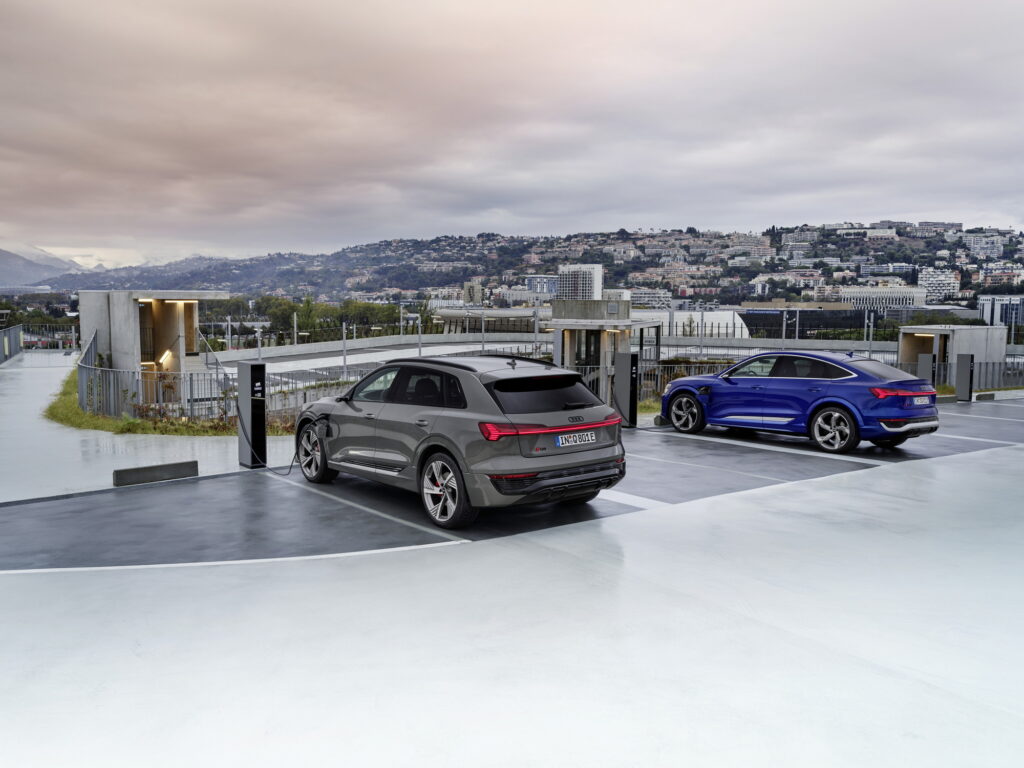Germany’s demands for protecting e-fuels could derail the EU’s 2035 ICE ban
4 hours ago
 –>
–> 
by Sebastien Bell
–>
Following pressure from Germany, the European Union is now delaying a vote, that was planned to finalize a law that would have effectively banned the sale of most new internal combustion vehicles by 2035.
The continental bloc had planned to hold the vote next week, but this week Germany and Italy threatened to block the measure. The nations, among those with the strongest automotive industries in Europe, said they wanted protections for synthetic fuels.
Following the last-minute resistance, the EU has decided to delay the vote to put the final rubber stamp on rules requiring all new vehicles sold in 2035 to have zero CO2 emissions, reports Reuters. A new date for the vote has not been set.
On February 14, European Union lawmakers officially approved the law that would effectively ban gas and diesel-powered vehicles, after years of negotiations. But Germany threw a last-minute wrench in plans to finalize the deal, claiming that opening the continent up to all conceivable technologies was necessary.
More: Germany And Italy Might Block Europe’s 2035 ICE Ban

Although the law contains a non-binding section that says that the European Commission will make a proposal on how to legislate vehicles running on so-called CO2-neutral fuels, Germany’s wanted assurances that the e-fuels would be protected.
advertisement scroll to continue
And although Italy’s energy minister has maintained that vehicles running on renewable fuels should be considered “equally clean” as electric vehicles, there are serious doubts about whether that, in fact, is the case.
According to a recent study published in the journal Nature Climate Change, the energy required to create e-fuels and hydrogen-based fuels makes them an environmentally risky technology. With only a limited supply of e-fuels to go around and the risk of emitting more CO2 during production to keep up with the demand for the fuel, the technology has been called a Trojan Horse for the fossil fuel industry.
More: Electric Vehicles Are More Efficient, Less Risky Than Hydrogen And E-Fuels, Study Finds

Even within Germany, the new position is leading to discord. The nation’s environment ministry has said that it should stick with the deal, and Audi said that leaving emissions requirements in limbo would be “fatal for the car industry.”
“Audi has made a clear decision: We are phasing out the internal combustion engine in 2033 because the battery-electric vehicle is the most efficient method for individual mobility,” said Audi CEO Markus Duesmann.
If Germany’s coalition government can’t come to an agreement on a clear position, it could abstain from the vote. With resistance from countries like Italy, Hungary, and Poland, it’s unclear if the vote would pass in the end.
In the meantime, European Commission President Ursula von der Leyen will attend a German cabinet meeting on Sunday.

 –>
–> 
